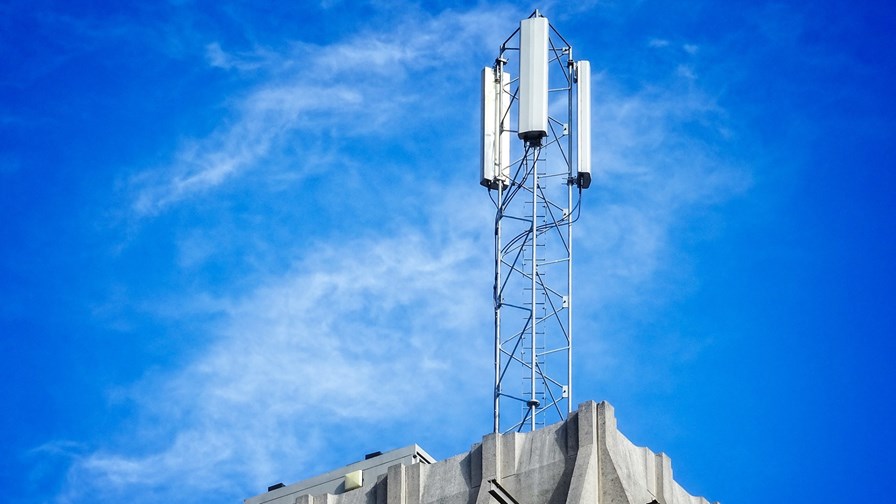
via Flickr © Garry Knight (CC BY 2.0)
- Phoenix to build 4,000 towers across France over next 12 years
- Similarly to its Cellnex JV, Bouygues to be a minority partner
- It's all part of this trend towards differentiating more on services than network
Bouygues Telecom has announced its second infrastructure joint venture in as many months, paving the way for the construction of thousands of cell towers over the coming years. It's another sign that telcos are gradually becoming less attached to their infrastructure.
This time the French operator has reached a deal with US-based Phoenix Tower International, which under the terms of the agreement will build 4,000 towers across France during the next 12 years. Phoenix will control the JV, and own and operate the sites.
"We believe the French market is well positioned for significant wireless growth throughout the country as further 4G and 5G deployments are made over the coming years and we are proud of our participation in these deployments," said Phoenix chief executive Dagan Kasavana, in a statement.
The towers will be located in more sparsely-populated areas and alongside transport routes. Some of the new sites will help Bouygues meet coverage targets established by regulator Arcep under its 'New Deal Mobile' agreement, which requires telcos to extend the reach, and improve the quality, of advanced mobile services across the country.
Fibre far and wide
Bouygues' Phoenix deal comes less than a month after it formed another joint venture with Cellnex that will spend €1 billion over the next seven years on rolling out a 31,500 km fibre ring. The new network will connect the telco's cell towers and edge facilities, underpinning ultrafast, low-latency fixed and mobile services.
Presumably this fibre ring will connect some or all of the cell towers that will be deployed by Phoenix.
Similarly to the Phoenix JV, Bouygues is the minority partner – Cellnex will own 51 percent of the fibre venture, and hold 100 percent of the economic rights.
Hands off
Bouygues' recent announcements are consistent with a number of developing telecoms trends.
Operators need more sites to support their 5G deployments, and partnerships with infrastructure providers – which are keen to capitalise on rising demand for their solutions – make these deployments less expensive. Demand for towers and 5G's rollout costs also explains why operators like Vodafone, Telefonica and Telecom Italia are keen to monetise their towers and passive infrastructure by spinning them off into separate units, then selling or floating stakes in them.
In addition, while network coverage and quality are important differentiators in the early stages of 5G, over the medium term, services are where operators are most keen to set themselves apart from their rivals. Whether that's enhanced mobile broadband, content, IoT, or network slicing for enterprises.
Looking longer term, as operators shift to 5G densification in high-traffic areas, and as network sharing continues to prove attractive, the industry will edge ever closer to opting for a neutral host deployment in certain locations, further helping them to focus their efforts on becoming – first and foremost – digital service providers.
Email Newsletters
Sign up to receive TelecomTV's top news and videos, plus exclusive subscriber-only content direct to your inbox.




